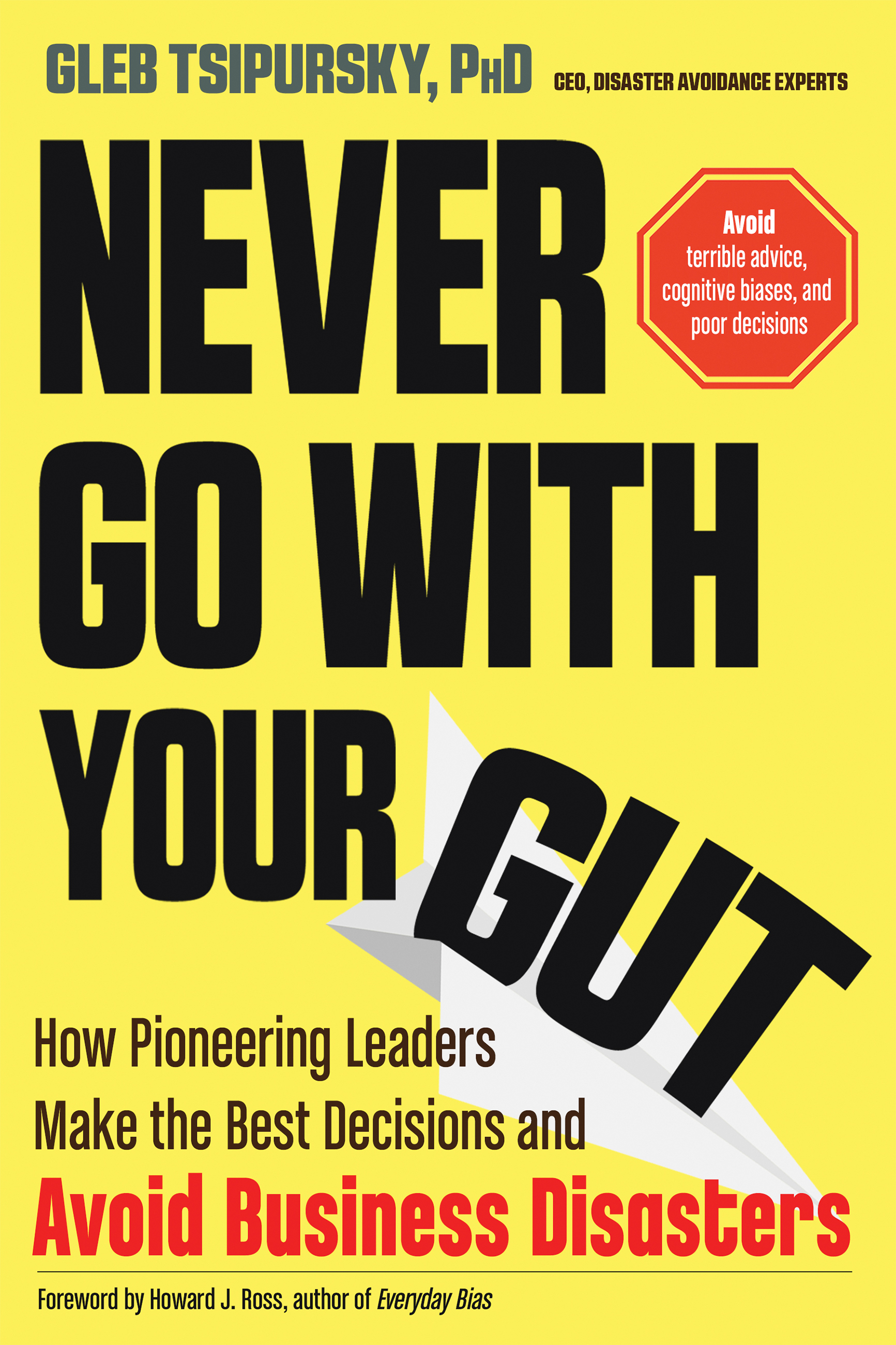
The Wisdom of Crowds
Book Description
Imagine a room filled with strangers, each holding a piece of a puzzle only they can see. In "The Wisdom of Crowds," James Surowiecki unveils the astonishing truth: collective intelligence often surpasses individual genius. From market predictions to social dilemmas, ordinary people make decisions that are surprisingly accurate, revealing the hidden power of collaboration and diversity. This eye-opening exploration challenges everything you thought you knew about expertise and decision-making. Can a lone voice truly compete with the chorus of many?
Quick Book Summary
"The Wisdom of Crowds" by James Surowiecki explores the surprising idea that large groups of people, under the right conditions, can demonstrate greater intelligence and problem-solving ability than even the smartest individual experts. Using examples from economics, politics, science, and everyday life, Surowiecki demonstrates how collective decisions—ranging from financial markets to guessing the weight of an ox—are often astonishingly accurate. However, for a crowd's wisdom to emerge, it must be diverse, decentralized, and independent, allowing individuals to contribute unique perspectives. The book challenges the traditional reliance on experts and illustrates how embracing diversity and dispersed expertise enhances decision-making, innovation, and prediction in both organizations and society at large.
Summary of Key Ideas
Table of Contents
The Importance of Diversity and Independence
James Surowiecki begins by asserting that groups, when structured properly, can solve problems with remarkable accuracy and creativity, often outperforming experts. He cites examples such as crowds estimating weights or solving complex puzzles, noting that the average guess or consensus often lands close to the truth. This phenomenon, however, relies on specific conditions: diversity, independence, and an effective method for aggregating opinions.
Conditions for Wise Crowds
A key insight is the role of diversity in decision-making. Diverse groups bring a wider range of perspectives and heuristics, which reduces collective blind spots and the risk of groupthink. Independence is equally crucial; when individuals are free from excessive influence or bias from others, their errors tend to cancel each other out, resulting in more accurate group judgments. Without independence or variety, crowds can quickly become misguided or even dangerous.
Failures of Collective Intelligence
Despite their strengths, crowds are not infallible. Surowiecki explores how collective intelligence can fail—sometimes spectacularly—when certain conditions are absent. Examples include stock market bubbles, stampedes, and mob behavior, all of which arise from excessive herd mentality, emotional contagion, or lack of diversity and information. Surowiecki stresses that understanding when and why crowds go wrong is as important as recognizing their wisdom.
Applications in Decision-Making and Markets
The book delves into practical applications, such as using prediction markets, jury systems, and collaborative online platforms. In these areas, harnessing collective intelligence has led to better predictions and more effective solutions than relying on singular authorities. Surowiecki emphasizes that organizations and societies can leverage the power of crowds by designing systems that preserve independence and encourage a mix of opinions.
Implications for Organizations and Policy
In conclusion, "The Wisdom of Crowds" challenges readers to rethink the value of expertise and top-down decision-making. The book suggests adopting structures that foster diversity, independence, and decentralization, whether in business, government, or daily life. Surowiecki’s message is clear: under the right circumstances, ordinary people collectively have the potential to make extraordinary decisions and solve complex problems, transforming the way we approach intelligence and collaboration.
Download This Summary
Get a free PDF of this summary instantly — no email required.





